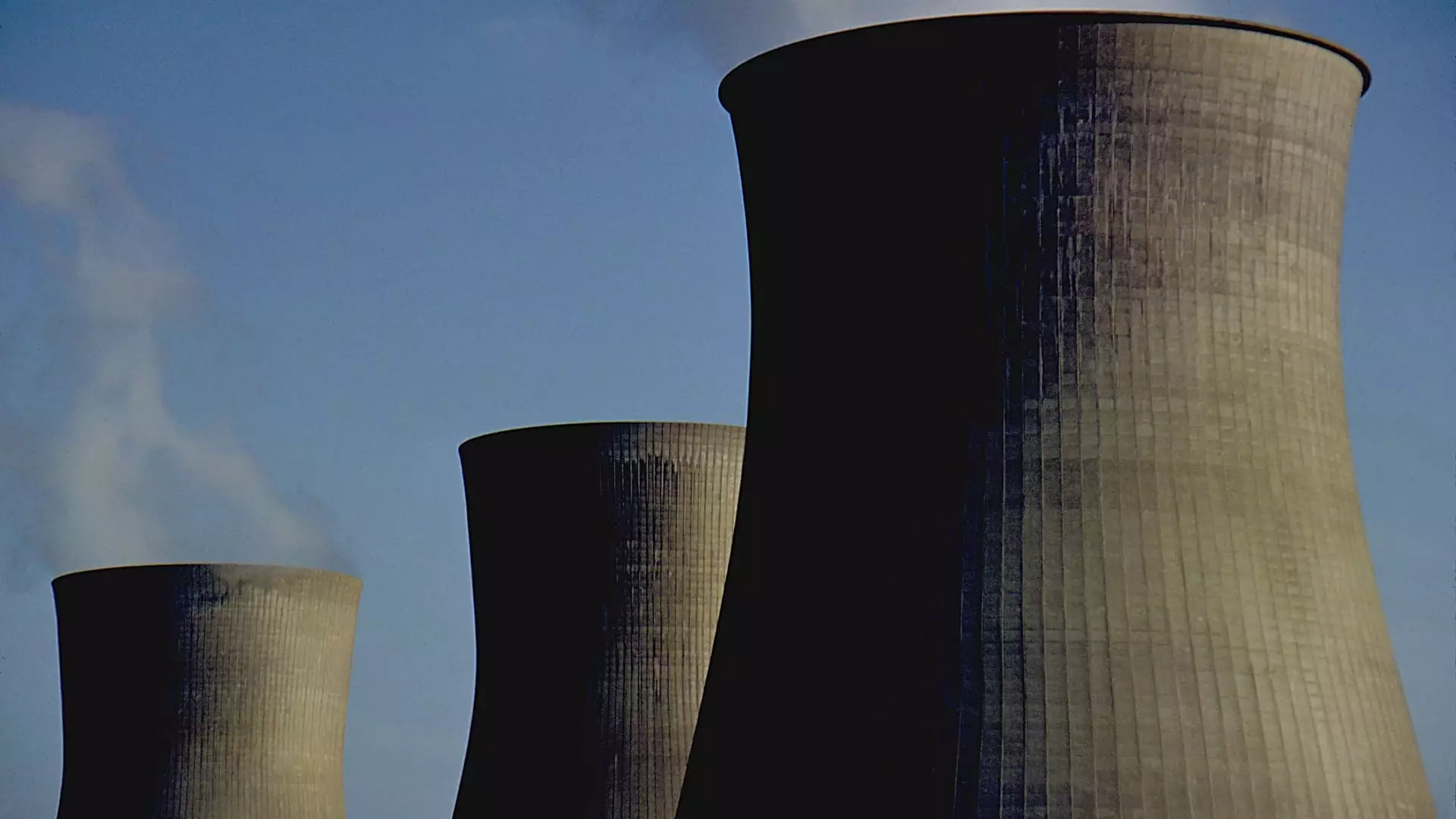As the digital landscape evolves, so does the demand for energy, especially with the exponential growth of cloud computing and artificial intelligence (AI). Predictions from the U.S. Department of Energy project that global electricity consumption may increase by up to 75% by the year 2050. This surge is not merely a statistic; it represents the deepening dependence on technology that requires vast amounts of power to function. Data centers, which house the infrastructure for AI and cloud services, are not just assets of companies but now behemoths that could consume electricity equivalent to entire urban areas. This phenomenon raises urgent questions about sustainability and responsible energy consumption, putting many industry giants in a precarious position.
The relentless push for AI innovation amplifies the energy dilemma. Prominent figures in the tech sector recognize that merely expanding their operations is insufficient without a clear understanding of their intricate power requirements. Mark Nelson, managing director of Radiant Energy Group, emphasizes the sheer volume of continuous power needed for a new data center, likening it to the energy needs of a major city like Chicago. The implication is clear: as technology strives for more remarkable advancements, it must tread carefully to align ambition with ecological responsibility.
Nuclear Energy: A Sustainable Solution?
In response to their overwhelming energy needs, leading tech companies are reconsidering their energy sourcing strategies. After years spent prioritizing renewable resources, giants like Google, Amazon, Microsoft, and Meta are now looking toward nuclear power as a viable alternative. Nuclear energy offers reliability and an impressive energy output that is crucial for sustaining the relentless demand from data centers. Michael Terrell, senior director of energy and climate at Google, highlights the advantages of nuclear energy: it is carbon-free, consistent, and has significant economic potential. This turning point marks the initiation of what could be described as a “nuclear revival,” an idea that many had deemed improbable in recent decades.
Historically, public and governmental apprehension about nuclear power has stemmed from fears of catastrophic failures associated with nuclear meltdowns, alongside misconceptions amplified by media narratives. However, with technological advancements and a better understanding of safety protocols, these fears are being addressed more effectively. Experts assert that the current investments by tech behemoths into nuclear energy signify not just a trend, but a potential overhaul of how the U.S. and other countries think about their energy infrastructure. The combination of technological innovation and a renewed focus on sustainability may provide an innovative pathway forward.
As the tech industry continues to drive forward with AI, the need for reliable and sustainable energy sources will become ever more critical. The embrace of nuclear power by major players serves as an acknowledgment that innovative solutions must accompany innovation itself. This nexus of technology and energy presents an opportunity for growth, transformation, and a brighter, more sustainable future, redefining not only the operations of data centers but also the broader landscape of energy consumption worldwide. It is a delicate balance, but with careful consideration and strategic investments, the tech industry can lead the charge toward a sustainable energy model that meets the demands of tomorrow.


Leave a Reply